[Translated]The Soul of Korean Literature: Words Pulsing with Life, History, and Freedom
2025-07-02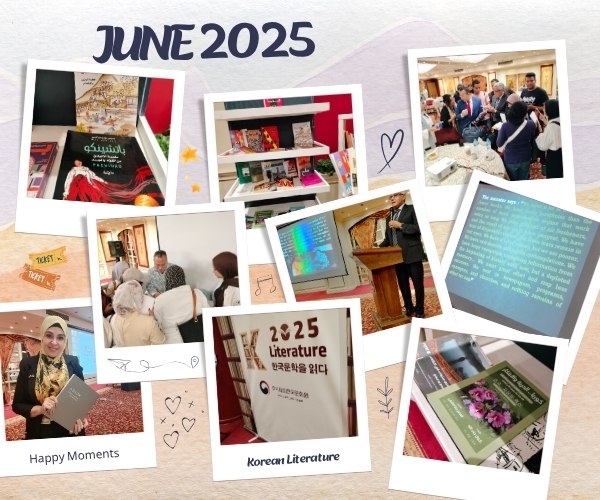
Every year, the Republic of Korea celebrates Literature Month in June a captivating cultural tradition that places the written word at the heart of Korean society. This month is not merely a season of reading or book sales, but a deep celebration of the true essence of literature: its power to express, resist, reveal, and liberate.
Through book fairs, cultural seminars, and literary workshops, Korea offers its citizens and visitors a chance to interact with literature as a tool for life, not just words on paper. What makes this month even more special is how it has expanded globally, thanks to platforms like Korea.net and the Korean Cultural Centers spread across the world.
An Evening in Cairo: A Meeting with Korean Literature
As part of this cultural month, the Korean Cultural Center in Cairo hosted a mesmerizing literary evening—one I had the honor to attend. I can say, without exaggeration, that it offered me a completely new perspective on Korean literature.
The evening brought together Dr. Mahmoud Abdel-Ghaffar, professor of comparative literature and a renowned translator, and Korean author Baek Min-seok, one of the most prominent voices in contemporary Korean literature. Their dialogue reflected literature’s power to build bridges between cultures.
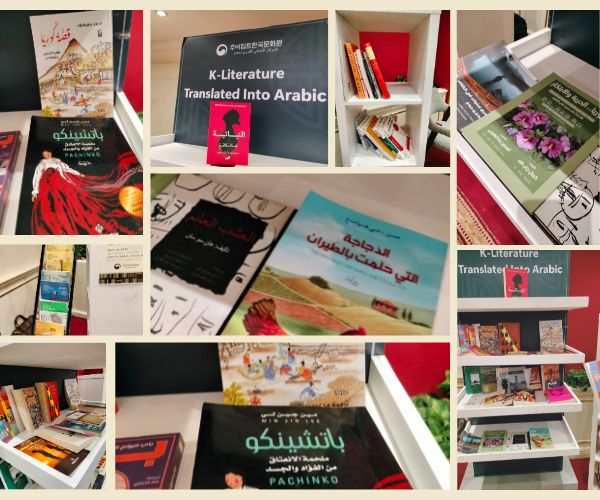
Literature Through Translation and Transformation
The discussion began with Dr. Abdel-Ghaffar, who spoke about his experience translating The Vegetarian by Han Kang into Arabic one of Korea’s most internationally acclaimed novels. What distinguished his translation, as he explained, was that he did not rely solely on the English version; he read the original Korean text, reviewed the English edition, and delved into critical analyses to produce a translation that conveyed the spirit of the original and respected the Arab reader.
He then offered a deep comparative analysis between The Vegetarian and Miss Egypt by Egyptian writer Soheir Al-Mosaddafah. This was no surface-level comparison, but one that examined narrative structure and symbolism in both novels. He drew parallels between the protagonists’ silences as hidden cries against societal authority, and how the body and identity were employed as tools of narrative and resistance.
It was as if Dr. Abdel-Ghaffar wanted to say: translation is not merely a passage between two languages, but a bridge between two worlds of suffering, imagination, and belonging.
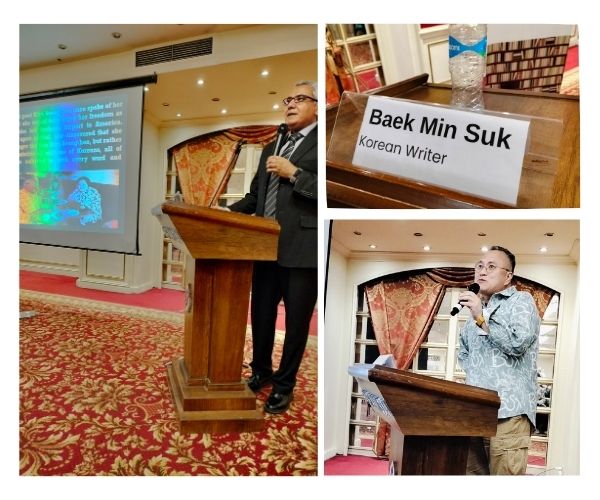
The Korean Voice from Within
Then came the turn of Baek Min-seok, whose words captivated everyone from the very first moment. He did not speak from an ivory tower but addressed the audience with honesty and boldness, revealing a different side of Korean literature. As he put it, his literature is not designed for comfort—it aims to expose what lies hidden.
His works delve into worlds full of absurdity, symbolic violence, and psychological turmoil because, simply, they reflect a reality that is often left unsaid.
He spoke courageously about how Korean literature has served as a space for expression, especially for women during certain eras in Korean history when their voices were marginalized or silenced. He pointed out that Korean women's writing does not seek pity, but truth. He added: “When reality doesn't allow you to speak, literature becomes the alternative voice or the open wound.”
His words were painful, yet honest reflecting the depth of a society striving to rewrite its identity through the written word.
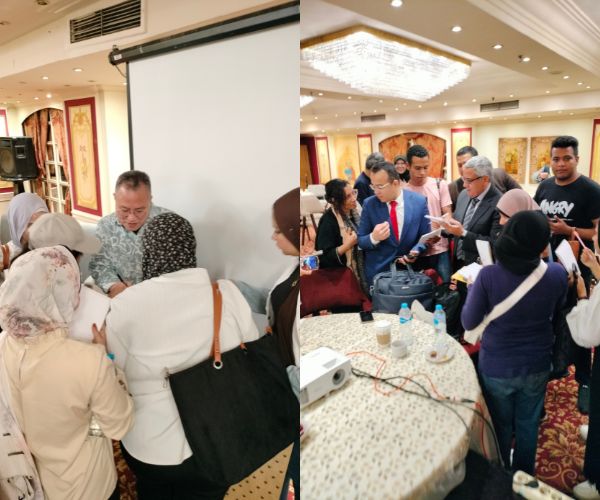
A Personal Experience to Remember
For me, the evening wasn’t just a “cultural event,” but a deeply emotional and spiritual experience. I sat there, moving between the voice of a writer who lives the pain of his country, and that of a translator striving to carry this pain into another language without distortion.
I felt as though I was inside the heart of the Republic of Korea, hearing the pulse of its words, the pain of its women, and the passion of its authors. I realized that words are not only for expression but also for survival.
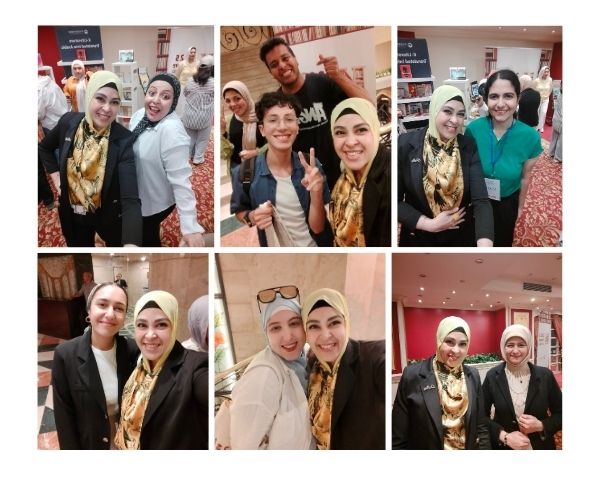
A Window to Literature: The Korean Cultural Center
The Korean Cultural Center in Cairo is not just a building it is a continuous platform for cultural dialogue. Through its annual events, it offers the Arab reader ever-refreshing glimpses of Korean literature: literature that is at times shocking, at times enchanting, but always sincere and alive.
Keywords
Korean literature, literary translation, Baek Minseok, Korean Cultural Center, women's writing, Korean Literature Month, Republic of Korea, Korea.net.
How about this article?
- Like0
- Support0
- Amazing0
- Sad0
- Curious0
- Insightful0


